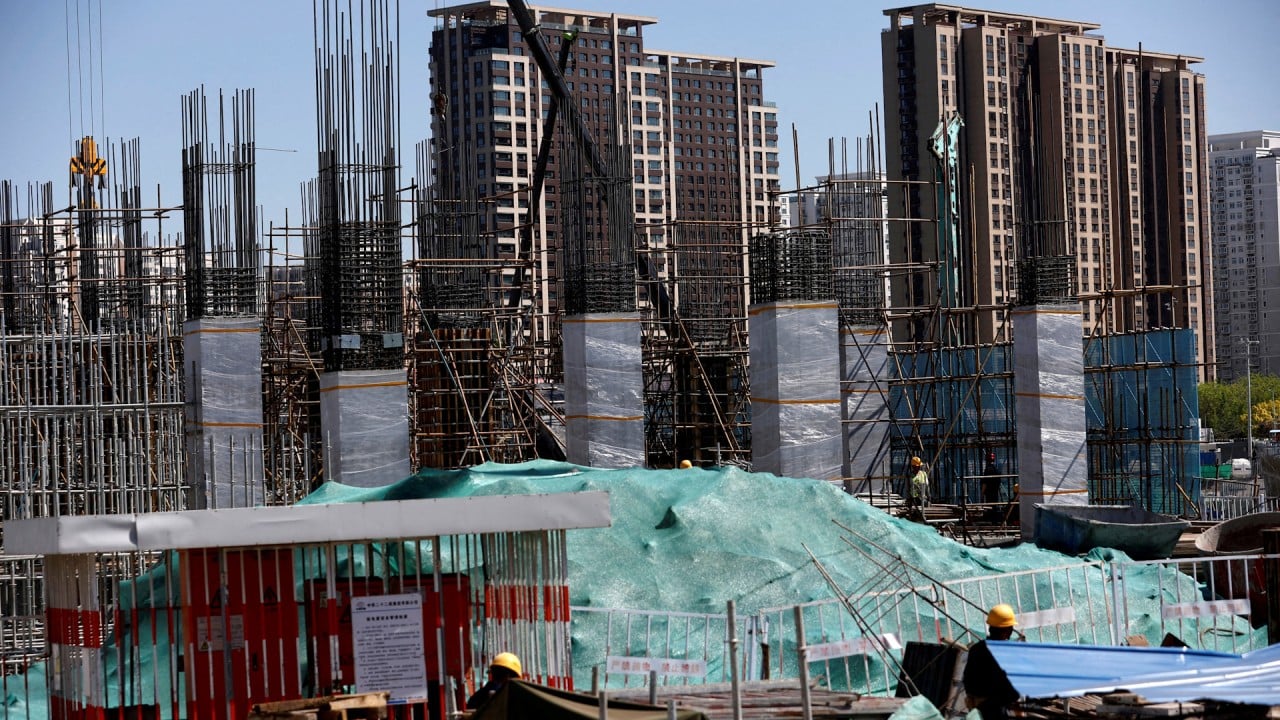The city of Lishui, in China’s eastern Zhejiang province, is not the type of place that would normally have much relevance in the country’s vast property market. But a singular experiment involving selling land directly to individuals has now captured the attention of investors.
Lishui is set to auction off a plot of land the size of a football pitch – a relatively small parcel with huge implications. The auction is considered a breakthrough for China’s land system in which municipal authorities hitherto exclusively sold to property developers. Individuals are barred from directly buying urban land for residential development.
This system, which was borrowed from British rule over Hong Kong, has been the engine of China’s urbanisation in the recent decades. Under constitutional law that makes all urban land collectively owned by the public, municipal authorities are allowed to auction land use rights of up to 70 years to developers. Revenues from these auctions are generally spent in a rush to finance public projects, urban gentrification and utilities, which in turn can create more saleable land or push up land prices in future auctions.
This has been the core of urban “development” for many city governments in the last two decades, in which cities operate as land-centred commercial enterprises. The monetisation of land in China – through local authorities, developers, bankers and households – is an involved process that has fundamentally changed the country’s landscape.
This process, however, has hit a wall in many places in a sign that the country’s debt-driven development has gone too far. Local governments have been horrified to find that revenues from land auctions are drying up, as the country’s developers have increasingly become at risk of or are already in default.
So why not invite affluent individuals to buy land directly and allow them to build their dream homes?
Under the right conditions, there is always demand in China for land and homebuilding. Some urban residents have tried buying or renting rural plots for holiday homes, but limited property rights often resulted in bitter legal battles. Some properties were forcibly demolished because they had no legal protection.
It remains to be seen whether there will be many individuals who are willing to directly buy land in Lishui. It seems unlikely given the overall weakness of the property market.
One interesting outcome of this experiment will be whether Lishui’s moves are encouraged by the central government or copied by other municipal authorities.
For now, the Lishui test is unlikely to have any sweeping effects across the country. The existing land auction system is still a central piece in China’s urban management, and ending it prematurely could bring more chaos than rewards.
At the same time, there’s little doubt that many small Chinese cities are watching closely to see if allowing individual buyers into land auctions can boost government revenue – and whether a higher authority will intervene to stop it.


